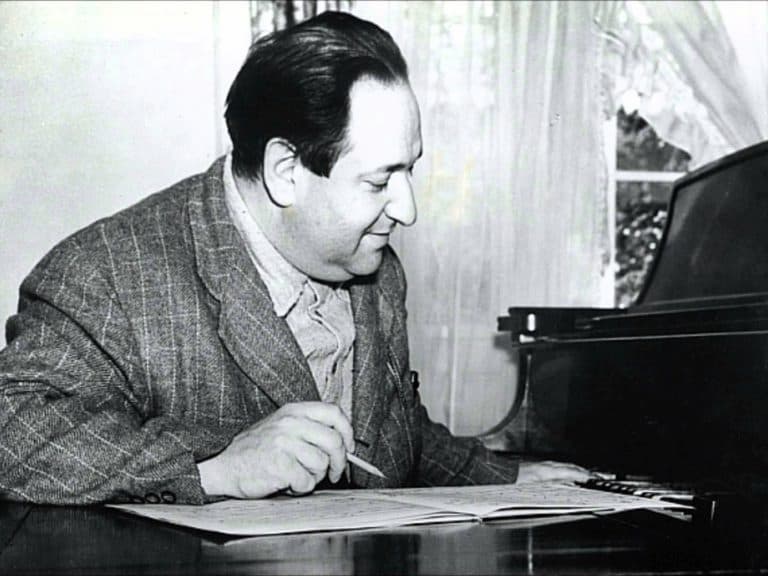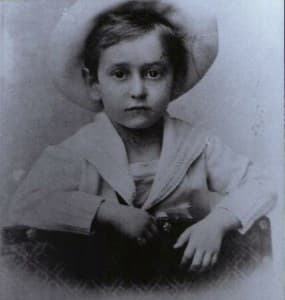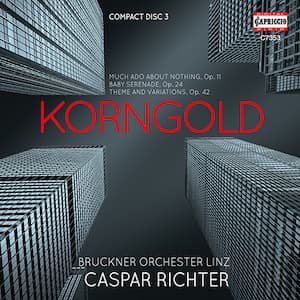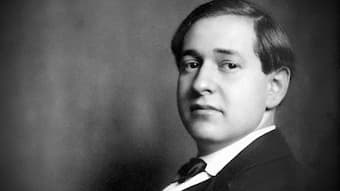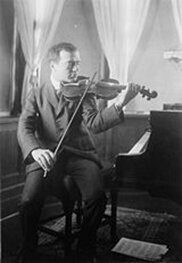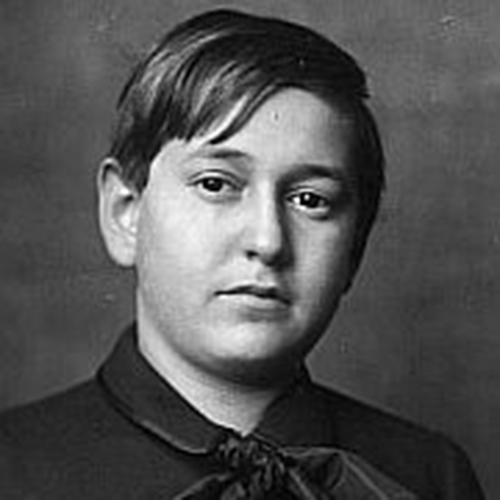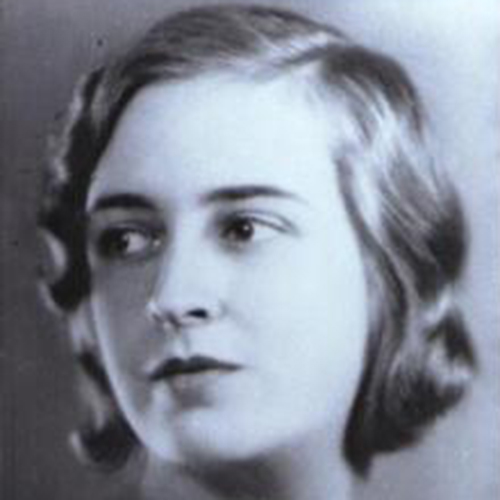Erich Wolfgang Korngold, possibly the most phenomenal musical prodigy of all time, fled Europe in the 1930s to become one of the most important and influential composers in Hollywood history. As the film historian Tony Thomas writes, “Korngold not only
Korngold
In 1959 the Greek/American conductor Dimitri Mitropoulos wrote: “All my life I have searched for the perfect modern work. In this symphony I have found it. I shall perform it the next season.” The work in question was Erich Wolfgang
Erich Wolfgang Korngold, possibly the most phenomenal musical prodigy of all time was born in Brünn, currently Brno, on 29 May 1897 to Julius Korngold and Josefine née Witrowsky. His older brother was named Hans Robert, with their middle names
From its very beginning, Erich Korngold’s light symphonic suite Baby Serenade shows us the chaos and celebration that a new baby can bring. Written in 1928, it was a very definite musical response to the birth of either young Ernest
When up-and-coming pianist Paul Wittgenstein (1887-1961) returned from WWI, it was without his right arm, amputated by necessity in a Russian prison camp. He did return to a family with money and so was able to commission works that he
The exceptional Polish violinist Bronisław Huberman never tired of asking Erich Korngold for a violin concerto. Huberman had been an old family friend from their days in Vienna, but having been forced into exile to Southern California, Korngold was determined
After the rousing success of his opera Die tote Stadt, Erich Wolfgang Korngold was at the height of his European fame. With a libretto by his father Julius—penned under the name of Paul Schott—the opera dominated theatrical stages and became
Luise von Sonnenthal (1900-1962) was born into a dynasty of ennobled actors. Her grandfather Adolf Ritter von Sonnenthal was not only Vienna’s most popular classical actor and matinee idol at the Burgtheater, he was also one of the first Jewish


